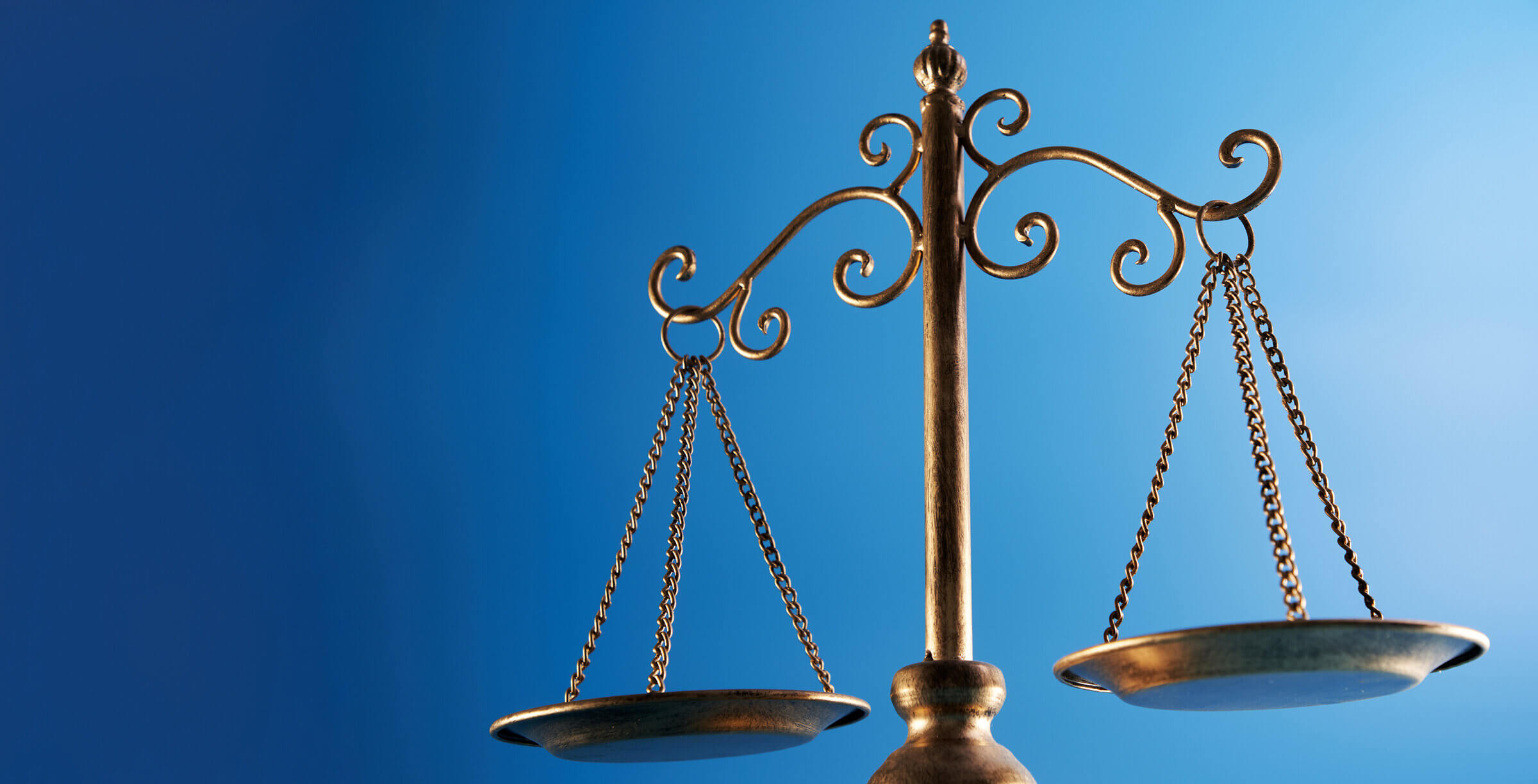What Jewish law says about balancing free speech and public safety in the internet age
These days, the problem isn’t always too little free speech; sometimes, it’s way too much

A federal district judge’s prder prohibits government officials from sharing information about threats with social media companies, with narrow exceptions for national security and criminal investigations. Photo by iStock
A federal district judge known for his far-right ideological opinions issued a shocking order July 4 that prohibits government officials from sharing information about threats with social media companies, with narrow exceptions for national security and criminal investigations.
The unprecedented injunction arises out of a lawsuit by the attorneys general of Louisiana and Missouri and resonates with those who say that the government and social media companies have unfairly targeted conservatives for censorship. But it is not a final order; contains broad, sweeping statements devoid of substantiation or evidence; has been widely criticized as inconsistent with First Amendment legal precedents; and seems very likely to be overturned on appeal. In the long term, it is not likely to have much effect.
But beneath that order is a roiling cultural debate over how to balance free speech with public safety in the age of the internet — a debate which, perhaps surprisingly, Jewish values might inform.
On one side, it’s clear that the spread of online misinformation is literally threatening our democracy — and the rise of AI and its ability to deepfake texts of all kinds will make matters even worse. Along with its many benefits, the internet has enabled the spread of dangerous misinformation like no technology in human history: lies about the 2020 election, disproven conspiracy theories about vaccines, antisemitic canards, fake accounts posting incendiary content, you name it.

“Everyone is entitled to his own opinion, but not to his own facts,” Daniel Moynihan famously said during his 1982 Senate campaign. But these days, as you may have experienced in arguments with ideologically opposed family members, we often inhabit different “factual” worlds entirely. This profusion of false and distorted information makes a shared basis for dialogue impossible.
On the other hand, free-speech libertarians have rightly sounded the alarm about government overreach. It’s troubling to consider government officials cultivating back channels to executives at Twitter or Facebook and flagging posts for removal because they diverge from a supposed consensus. That’s a situation ripe for abuse, as the so-called “Twitter Files” alleged, and at the very least it reflects a Big Brother-like growth in government power.
Surely there’s got to be a middle ground here, right?
If the government knows about a sex-trafficking ring, for example, surely it should notify social media companies to take down the posts that are coordinating it. That saves lives. And if loud voices are spreading harmful and disproven lies, those lies should at least be labeled so that they don’t draw more people into noxious conspiracy theories that often, as the Jewish community knows all too well, lead to acts of violence.
But finding that middle ground has proven nearly impossible.
Congress, for its part, has utterly failed to regulate Big Tech (whose largest companies heavily support both parties) and embarrassed itself with hearings where out-of-touch legislators showed just how little they know about technology. Have you tried turning your computer off and then on again, Senator?
That’s led the executive branch to try to fill the gaps, but without a sound legislative, or democratic, basis.
It’s not just government, though. Everyone agrees that free speech is an important American value, but we have no idea how to apply it in practice. For example, you can’t shout fire in a crowded theater, goes the cliché — speech that causes imminent danger is criminal, not protected. But how far does that principle go? Does it extend to posting false information about vaccines? That, too, puts people in danger, but the causal connection is a lot more attenuated.
Or take hate speech. Painting a swastika on a synagogue wall is obviously a crime. But is it antisemitic hate speech to criticize Israeli policies in the occupied territories? Most people would say no, but some say yes. What if you use the word “apartheid”? Now maybe a few more are on board. How about the word “Nazi”? Or the accusation that Israelis literally drink Palestinian blood? Now a lot more people say yes. So is hate speech a matter of nuance and extent? Really?
In Jewish tradition, the destructive potential of speech has long been recognized. The rules of lashon hara — literally “evil speech” — are so strict that it’s almost impossible to say anything about someone else, even if it’s true, and even if it’s meant as a compliment. Of the 43 sins in the Yom Kippur confessional, 11 are committed through speech. According to Jewish law, you can’t even ask a shopkeeper how much something costs if you don’t intend to buy it, and can’t invite someone to a party if you know they can’t make it.
Of course, we would never want a democracy to enforce such draconian laws. They are moral, not civic, in nature. But they do point to an overall understanding that speech is not mere expression, but can also have harmful consequences.
That’s much more true in 2023 than in 1791, when the First Amendment was ratified. Then, it was much harder to transmit ideas, and only a limited number of people had the ability to share and read them. There was no television, no Twitter (or Threads). There was too little speech, not too much, and there were monarchies around the world which suppressed any speech they didn’t like.
Now, the problem isn’t too little speech, but, in a sense, too much. We are inundated by “speech” every waking hour of the day. While in 1791, no one could get their ideas instantly heard across the country, in 2023, everyone can.
And really, limiting social media posts isn’t about stopping speech — after all, you can still say whatever you want — as much as accessing a digital megaphone to amplify that speech so it reaches millions of people.
I’m not taking a stand on these particular allegations against the government; there is still much we do not know. And of course, I cherish freedom of artistic, political, and even commercial expression, and I abhor authoritarianism and censorship. But as Jewish law recognizes (and Jewish history reminds us), the value of free expression exists in dynamic tension with protecting vulnerable people from harm. And justice lies somewhere within it.






















